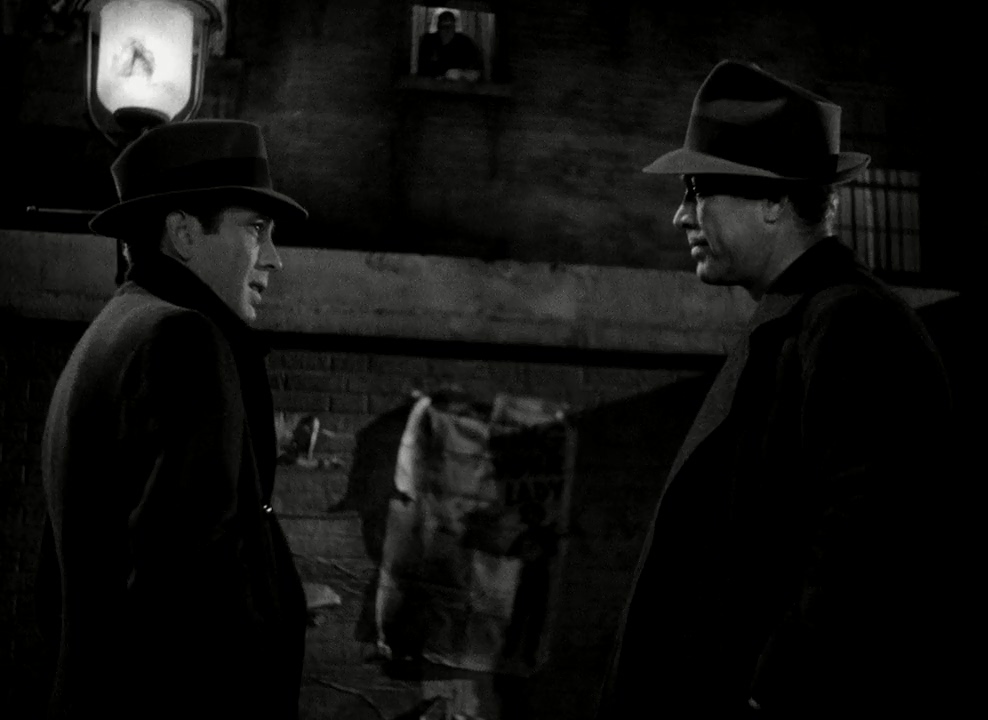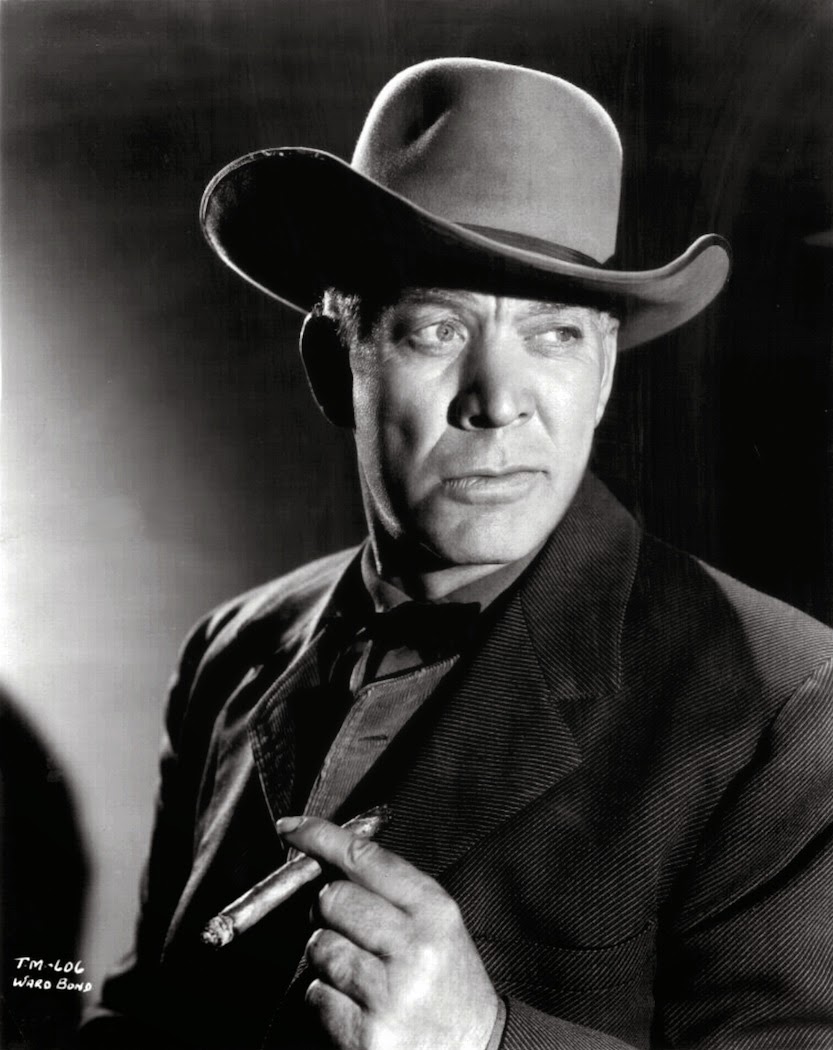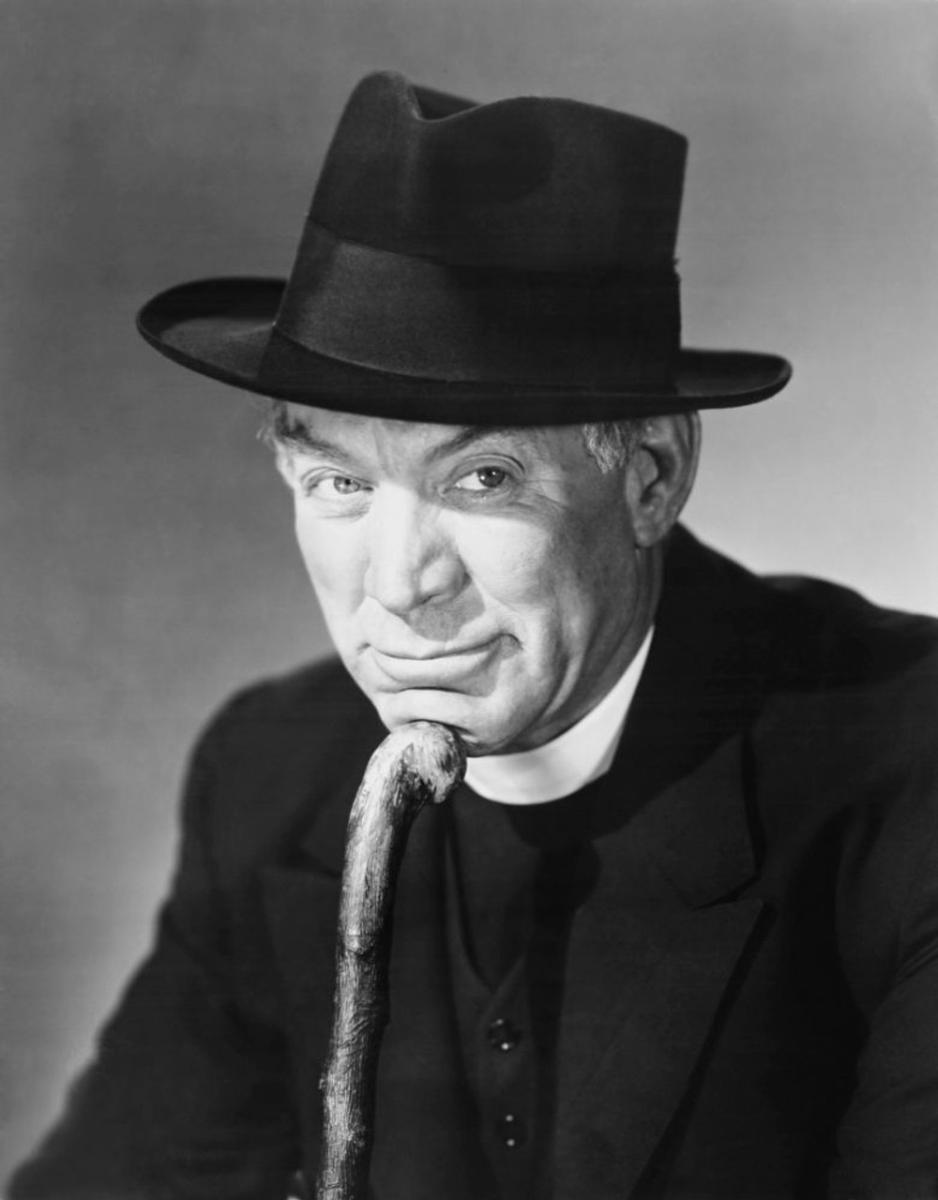What Was Ward Bond Like in Real Life? The Truth Was Worse Than You Heard

Ward Bond was in everything. The Searchers. It's a Wonderful Life. The Maltese Falcon. He was the guy in the background who somehow always stuck out—big, blustery, and usually yelling at somebody.
For a while, he was one of the most recognizable faces in Hollywood. But the man behind all those roles wasn't exactly the gentle giant some fans remember.
Hollywood's Favorite Backup Man
Born in 1903 in Denver, Colorado, Bond was the son of a lumberyard worker who played football at USC. That's where he met John Wayne, a teammate who would become his lifelong friend and gateway into show business. Through Wayne, Bond got a foot in the door with director John Ford, who gave him his first big break in Salute (1929). From there, Bond became a Ford regular, popping up in everything from war dramas to Westerns.
Bond appeared in over 200 films—often in supporting roles, almost never the lead. But he was always there. In The Searchers, he played the hard-headed Reverend Captain Clayton. In The Maltese Falcon, he was the loyal cop sidekick. Even in It's a Wonderful Life, you'll spot him as Bert the cop. He brought a kind of gruff stability to every scene he was in, even if he wasn't the center of attention.

In the late '50s, Bond found even greater fame as Major Seth Adams on TV's Wagon Train, which ran until his death in 1960. He was the face of old-school American values on screen: tough, commanding, dependable. The kind of guy you'd want leading your wagon west.
Offscreen? That's Where Things Get Murkier
The Bond that colleagues knew off-camera was... not always the same guy audiences saw on screen.
To start with, he had a reputation as a heavy drinker and a loudmouth. Actor James Lien once described him bluntly: "Ward Bond was a thick-headed loudmouth. He was the one screaming all sorts of things that nobody else cared about."
Even John Ford, who put Bond in more than two dozen films and considered him a close friend, didn't exactly sugarcoat things.
At Bond's funeral, Ford reportedly turned to fellow actor Andy Devine and said, "Now YOU'RE the biggest ass I know."
Bond and Wayne were famous drinking buddies, known to get into bar fights in their younger years. On one hunting trip, Wayne accidentally shot Bond in the leg. They stayed friends, and Bond even left Wayne the shotgun in his will. That's the kind of friendship they had—blunt, brutal, and oddly loyal.
The Politics Were Part of the Package

Bond wasn't shy about his politics. He was a hard-right conservative and part of the Motion Picture Alliance for the Preservation of American Ideals—a group that helped fuel the Hollywood blacklist during the Red Scare.
Screenwriter Nunnally Johnson called it "that Duke Wayne–Ward Bond outfit," and said it made him ashamed of the industry. "Think of John Huston having to go and debase himself to an oaf like W. Bond."
Bond's behavior on set sometimes reflected those views. Actor Martin Landau once recalled that during a Wagon Train fight scene, Bond—after learning Landau was Jewish—hit him for real instead of faking the punch. It wasn't subtle.
There are also claims that he was part of the "America First" movement alongside Wayne, a group associated with white supremacist leanings and support for Jim Crow laws.
These allegations have never been fully confirmed, but they've circulated for decades, fueled by Bond's close association with others in the movement.
Walter Brennan—another longtime John Wayne co-star and a man not exactly known for progressive views—wanted nothing to do with Bond, reportedly because of Bond's drinking and abrasive personality. That should tell you something.
Complicated Legacy

Ward Bond died in 1960 of a heart attack at age 57—too young, but perhaps not surprising given his lifestyle. Wagon Train continued without him, but his absence was felt. For fans of classic Hollywood, Bond remains a familiar face. But behind that face was a man with a reputation for being loud, divisive, and, by many accounts, mean.
He was loyal to his friends, especially John Wayne. He worked hard, showed up, and played his parts with conviction. But peel back the image of the dependable character actor, and the reality is a lot messier—and for some, a lot uglier.
Bond once represented a certain kind of old-school American masculinity. But looking back, it's clear that came with a darker edge. For better or worse, the truth of Ward Bond is far less charming than the myth.